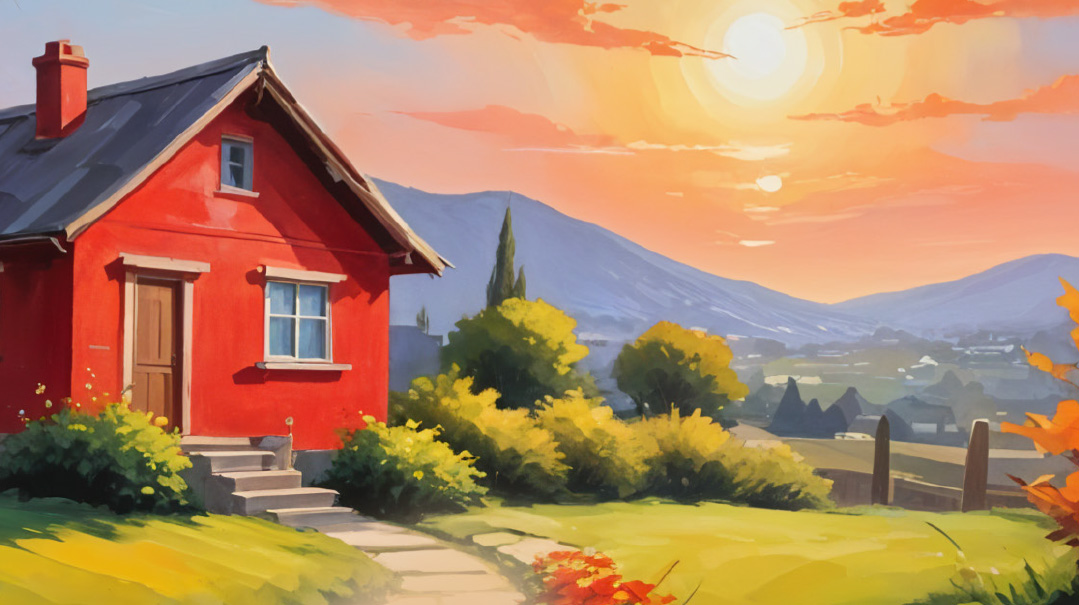The Quest
| July 23, 2024How could my father fill his role without a father of his own?

There is a town called Lost, poetically in retrospect, because it was lost and needed to be found. It’s the 1980s and the town is small, tucked between cities and beating hearts.
The man, the hero (because every story needs a hero), is tall, with dark hair and eyes. He has a smile that is forever, his personality is larger than life, and his brilliance beyond his years. He lives in a red house that looks a lot like a bungalow. He has a wife and children; he plays a family basketball game every Friday. He has a vision.
Our hero wants to build a safe community for his beloved rebbe’s chassidus, and he does everything he can do make that dream come true. He fosters connection and a sense of belonging among the people. He goes to court to help them with housing, he assists with legalities and talks to politicians. The funny thing is that he is nothing like a politician; he is genuine, his word carries weight, he keeps his promises. Our hero is a real hero, like in the legends you tell your kids.
Every story needs a villain, too, and the adversary in this story is time. Time is a funny thing. It can go by quickly or slowly; it can mean much to one person and little to another. And time is finite: It ends.
This hero, this amazing husband, father, brother, son, backbone of his community, is taken too early and too suddenly. It leaves a gaping hole in the town of Lost.
A street is named after him; a moment of silence is held. The mayor of the town says, “We know that when G-d walks into the garden, He picks the best of flowers, and what a beautiful flower he picked.”
It doesn’t bring him back.
His memory disappears into the shadows, clinging to the dark as he is pushed to the back of the people’s minds, this hero who pushed the town into becoming a unit.
The hero, who was a good person, is forgotten.
Oops! We could not locate your form.







